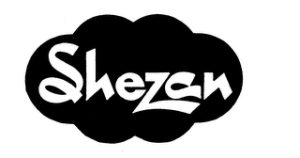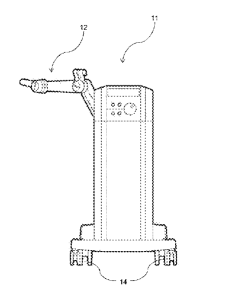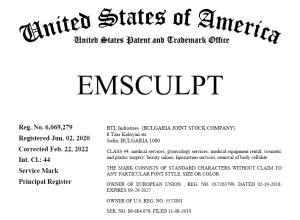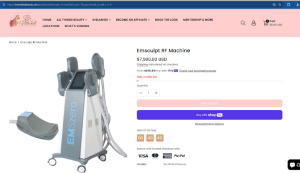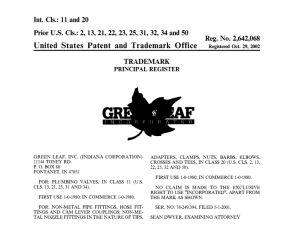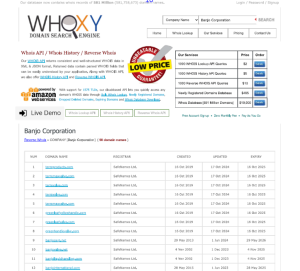 An Indiana-based company, TK&C’S, LLC, which operates under the name Dog ‘N Suds, has filed a lawsuit in federal court against a Michigan business, Airline Dog ‘N Suds, Inc., and its president, David J. Hosticka. The complaint centers around trademark infringement, unfair competition, and breach of contract.
An Indiana-based company, TK&C’S, LLC, which operates under the name Dog ‘N Suds, has filed a lawsuit in federal court against a Michigan business, Airline Dog ‘N Suds, Inc., and its president, David J. Hosticka. The complaint centers around trademark infringement, unfair competition, and breach of contract.
Dog ‘N Suds alleges that it owns the exclusive rights to several trademarks associated with its brand, including names, logos, and recipes that date back to the 1950s and have been formally registered for decades. According to the lawsuit, Dog ‘N Suds entered into a licensing agreement with Airline Dog ‘N Suds in 2007, giving them permission to use these trademarks and recipes in a defined region of Michigan. That agreement expired in 2017 and was not renewed.
Despite the expiration of the license, Dog ‘N Suds claims that the Michigan business continued to use its name, branding, and products without authorization. The lawsuit includes allegations that Airline Dog ‘N Suds has continued selling food and root beer under the Dog ‘N Suds branding, which the Indiana company views as a violation of trademark law and a breach of the original licensing agreement. Dog ‘N Suds further claims that attempts to stop the use—including cease-and-desist letters sent in April 2025—were ignored or refused.
 Indiana Intellectual Property Law News
Indiana Intellectual Property Law News





